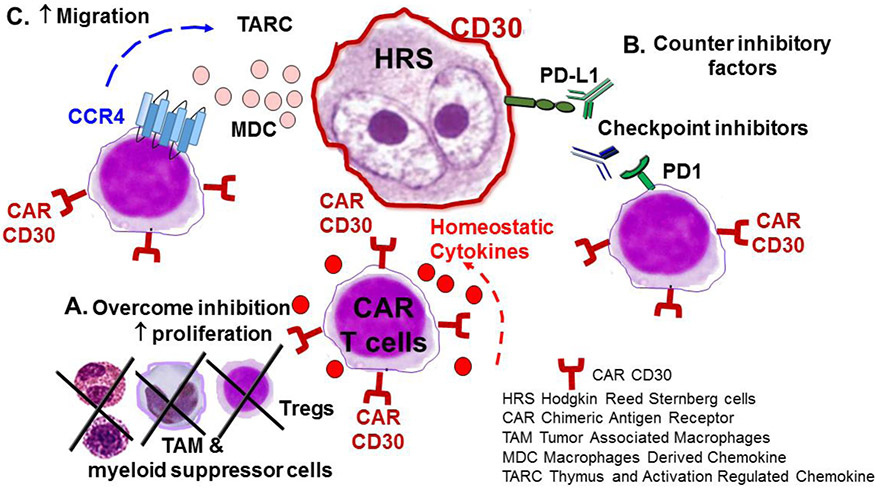Figure 1: Improving Efficacy of CD30-redirected CAR-T Cells in HL.
A. Lymphodepletion leads to decreased regulatory T cells and disruption of the inhibitory tumor environment. In addition, lymphodepletion increases levels of homeostatic cytokines such as IL-15 and Il-7 which stimulates CAR-T cell expansion.
B. PD-L1, which is expressed on HRS cells, interacts with PD-1, which is found on T cells including a subset of CAR-T cells, leading to inhibition of T cell receptor signaling. Antibodies to PD-1 will counter these inhibitory factors leading to improved expansion and persistence of CAR-T cells as well as increased activity of endogenous cytotoxic T cells.
C. HRS cells produce the chemokines TARC and MDC which attract Th2 cells and regulatory T cells that express CCR4. Further engineering CAR T cells to express the CCR4 molecule will improve their migration to tumor cells.

